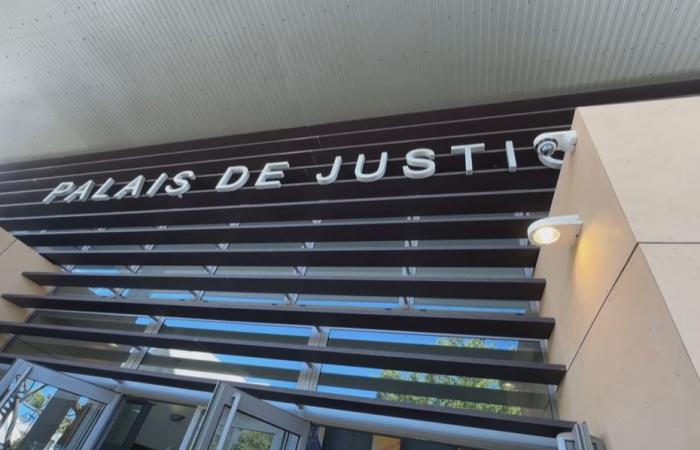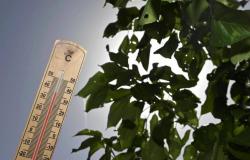
It's a story that Jean* would have liked to have done without to finish his career. This unemployed executive was convinced, like 5 other people, by the illusions of a professional crook. The signing of a permanent contract on January 16, 2023, for the creation of an import-export holding company, gave him hope. He was never paid for the work done. He filed a complaint with the Public Prosecutor at the Saint-Pierre Judicial Court.
Laurent Figon / Suzette Emma / Patrick Smith
•
Published on November 25, 2024 at 2:33 p.m.
For around ten months, Jean hoped to be paid for the work he carried out within an import-export holding company currently being created. He and 5 other executives will never see their bank accounts credited. He decided to file a complaint with the Public Prosecutor. An investigation is underway.
In December 2022, Jean and other executives respond to an announcement for the creation of an international import-export holding company. This former administrative and financial director sees this as a great opportunity to finish his career before retirement.
The meeting takes place in a co-working space in Grand Bois. This is a first question for Jean. The manager explains to him that a beautiful Creole hut is being acquired in the heights of Gol to establish the head office. This man claims to have done well in business. He has 68 million euros that he would like to invest in self-financing in his life project through this holding company.
As a promise, the unscrupulous manager promises him a very comfortable 5-figure salary, a luxury company car, a smartphone and a laptop. Jean prefers that these investments be made for the benefit of the holding company but the manager insists. He will never see the promises come to fruition.
Jean and 5 other executives are recruited and sign their permanent contract on January 16, 2023. The weeks pass and at the end of February, salaries are not paid. However, Jean and the accountant took all the steps to ensure that they were paid on time. Patiently, he waits for the accounting elements from February, the account statements, the supporting documents to carry out the substantive and organizational work with the accountant. He will never see them.
The manager blames an administrative problem. His latest company is based in Luxembourg and local banks are said to be reluctant to transfer funds. Jean gets information, does research on the internet. His boss's words seem plausible.
Even without receiving a salary, Jean remains faithful to his position with another colleague. The others left without asking for their rest.
In June 2023, Jean requests an amicable regularization via the lawyer mandated by the company. The lawyer will not be paid. The regularization is not successful.
In September of the same year, he filed a collective complaint with the Public Prosecutor in Saint-Pierre. On November 7, 2023, the judicial liquidation of the company was declared. In fact, a procedure with theAssociation for the management of the Employee Debt Guarantee Scheme (AGS) did not settle salaries following an unfavorable industrial tribunal decision.
On the criminal side, the Prosecutor gave credence to his filing of complaint by a hearing in April 2024. He hopes that the investigation is still in progress.
The incriminated leader has already been convicted in the past for similar acts here and in France. In Reunion, he received 4 years in prison, including two sentences on appeal.
From now on Jean is at the RSA.
France





